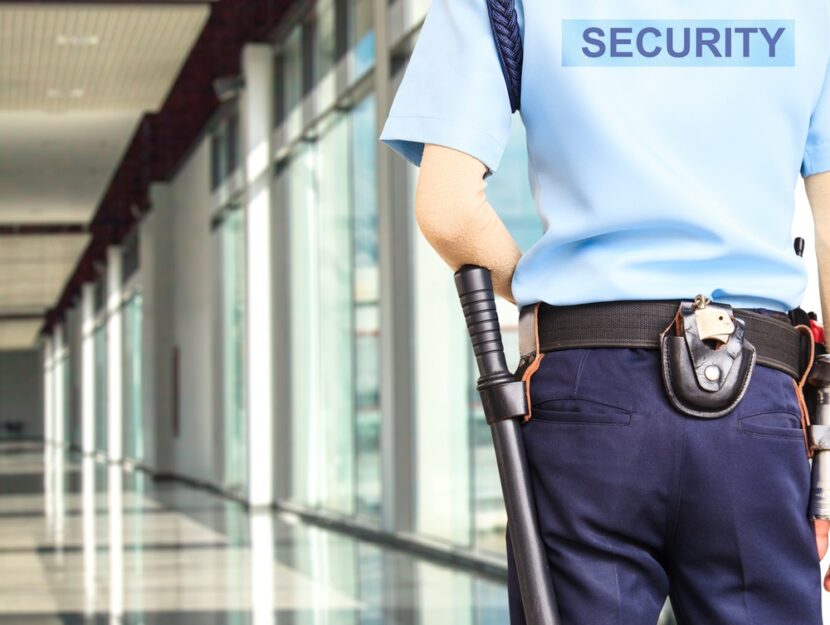WASHINGTON — The Homeland Security Department is demanding that airlines around the world step up security measures for international flights bound for the United States or face the possibility of a total electronics ban for planes, or worse, a ban against flying into the U.S. altogether.
New security rules will apply to roughly 180 foreign and U.S.-based airlines, flying from 280 cities in 105 countries, according to Homeland Security. About 2,000 international flights land in the United States daily.
Compliance with the new rules could lead to the lifting of a ban on laptops and other large electronics already in place for airlines flying to the United States from 10 airports in the Middle East and Africa. It could also stave off a much-discussed expansion of the ban to flights from Europe.
Homeland Security Secretary John Kelly announced the rollout of the new rules Wednesday.
The changes will be phased in over time and include enhanced passenger vetting, explosives detection and efforts to root out insider threats to airlines.
“Security is my No. 1 concern,” Kelly said during a speech at the Center for a New American Security. “Our enemies are adaptive and we have to adapt as well.”
Kelly said the changes will be “seen and unseen” and will be phased in over the coming weeks and months.
He said airlines that don’t comply or are slow to enforce the new standards could be forced to bar large electronics in both carry-on and checked luggage. They could also lose permission to fly into the U.S. He said he’s confident that airlines will co-operate.
The current ban, which affects only foreign carriers flying to the U.S. from 10 cities, allows passengers to travel with larger electronics packed in checked baggage.
The original laptop and electronics ban has been in place since March amid concerns about an undisclosed threat described only as sophisticated and ongoing. That ban applied to nonstop flights to the United States from Amman, Jordan; Kuwait City, Kuwait; Cairo; Istanbul; Jeddah and Riyadh, Saudi Arabia; Casablanca, Morocco; Doha, Qatar; and Dubai and Abu Dhabi in the United Arab Emirates. The roughly 50 affected flights are on foreign airlines.
The government had considered expanding the laptop ban to include some European airports, though in recent public comments Kelly had suggested the government was looking at alternatives.
The ban on laptops in the cabin is based on the belief that a bomb in the cargo hold would need to be bigger than one in the cabin, and capable of remote detonation. Checked luggage already goes through computed-tomography screening while carry-on bags don’t.
These security changes were announced a day before partial U.S. travel restrictions come into effect. The Trump administration has set new criteria for visa applicants from six mainly Muslim nations and all refugees that require a “close” family or business tie to the United States. The move came after the Supreme Court partially restored President Donald Trump’s executive order that was widely criticized as a ban on Muslims.
The new visa rules take effect at 8 p.m. Eastern Daylight Time on Thursday, according to the cable, which was obtained by The Associated Press.
With files from The Associated Press

